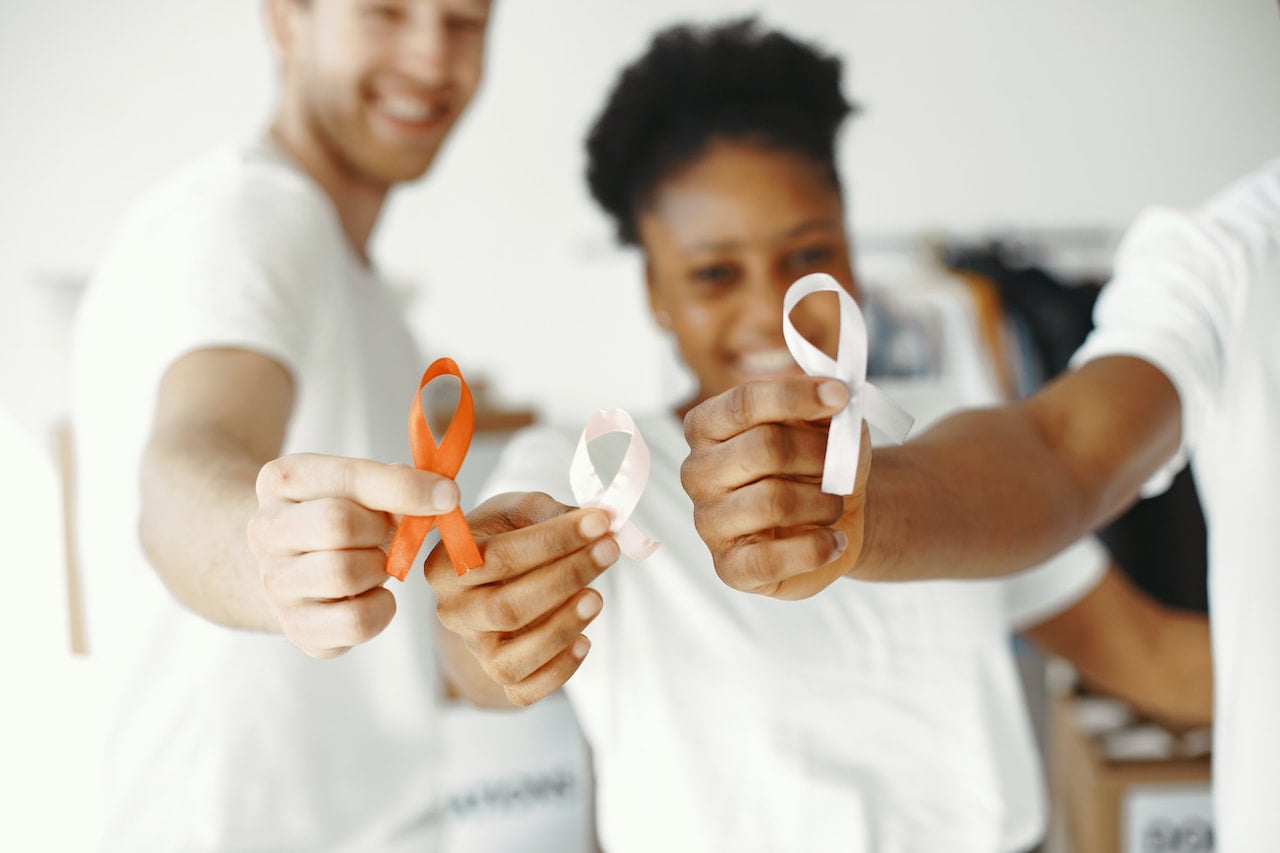The fight against cancer has some excellent news. According to a recent report from the American Cancer Society, the death rate from cancer has decreased by 33% since 1991. The decline has prevented an estimated 3.8 million fatalities. Based on the most recent data from 2020, the study was conducted.
Currently, heart disease, cancer, COVID-19, accidents, stroke, and chronic lower respiratory disorders are the top six killers in the United States.
According to CNN, Dr. Otis Brawley, a professor of oncology at Johns Hopkins University and a former chief medical officer of the American Cancer Society, “the primary explanation for the reduction that started in 1991 was the prevalence of smoking in the United States started going down in 1965.” “Today, we are better able to treat various diseases, and some people are not dying as a result of treatment.”
Smoking has become much less common in the United States during the past 60 years. Only 14% of Americans smoked cigarettes in 2019 compared to 42% in 1965. Smoking cigarettes is known to increase the risk of pancreatic, bladder, and lung cancer.
The creation of the HPV vaccination is a significant contributing factor to the decline in cancer mortality. Between 2012 and 2019, there was a 65% reduction in cervical cancer cases among women in their 20s. Cervical cancer is primarily caused by HPV infections.
According to Dr. William Dahut, chief scientific officer of the American Cancer Society, “there are other diseases that are HPV-related, whether it’s head and neck cancers or anal cancers, so there’s confidence this will have impact beyond this.”
Leukemia, melanoma, and kidney cancer mortality have all decreased since 1991.
Thyroid cancer has one of the greatest survival rates today (98%) followed by prostate cancer (97%) and melanoma (94%). The pancreatic cancer, which has a 12% survival rate, is the worst type of cancer.
“The data indicating that the United States has reduced cancer fatalities by one-third over the past 30 years is excellent progress. We achieved this by reducing smoking rates, enhancing early detection, and providing better therapies for many diseases. It means that millions of American families have been spared the unspeakable loss of a loved one, according to a statement from Dr. Danielle Carnival, the White House Cancer Moonshot Coordinator.
The report also emphasizes that more work needs to be done in order to save more lives, she said. “President Biden’s vision for ending cancer as we know it is building on the progress we’ve made with an all-hands-on-deck effort to develop new ways to prevent, detect, and treat cancer—and ensure that the tools we have and those we develop along the way reach all Americans,” reads a statement from the White House.
The good news on the cancer front comes as it seems that a discovery in the illness’s treatment and prevention is just around the corner. The extremely effective COVID-19 vaccines’ mRNA technology is being employed in numerous other cancer prevention and treatment vaccines that are now under development.
The co-founders of BioNTech, a German company that collaborated with Pfizer to create the ground-breaking mRNA COVID vaccine, Uur Ahin and Zlem Türeci, told The Guardian that they think cancer vaccines based on mRNA technology might be ready for use in patients “before 2030.”
Disclosure:: This article contains affiliate and informative links. We may get compensation at no additional cost to you for purchases made through the links. The above is a sponsored post, the views expressed are those of the sponsor/author and do not represent the stand and views of OneFitDay Editorial.
Disclaimer: These statements have not been evaluated by the Food and Drug Administration. The products are not intended to diagnose, treat, cure, or prevent any disease. Please consult with a licensed professional if there are any questions or concerns about the side effects or negative adverse reactions.

